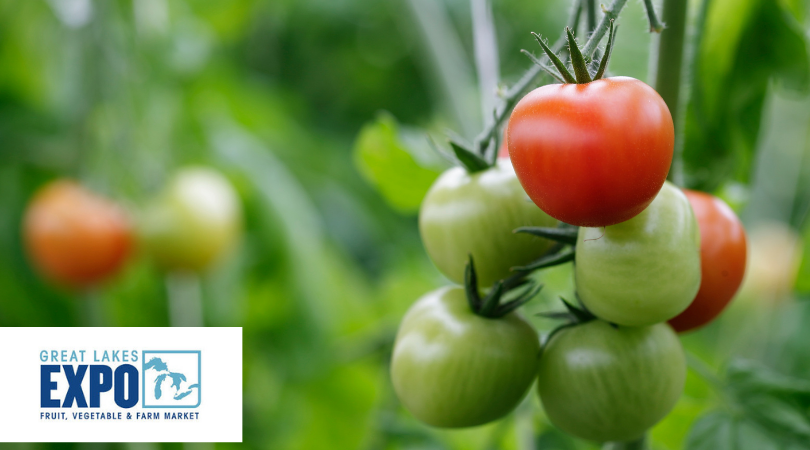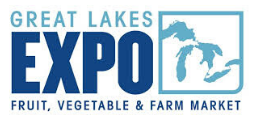
Oct 22, 2020High tunnels, tomatoes highlight 2020 Great Lakes EXPO virtual educational sessions
High tunnels and intricate high tunnel systems can be a wide-ranging, diverse topic among growers of many varieties. At the 2020 Great Lakes Fruit, Vegetable & Farm Market EXPO, Matt Kleinhenz, a professor and Extension specialist at Ohio State University, will provide valuable information for growers on two topics within high tunnel systems: grafting and leafy-green production.
In the “Protected Agriculture” session, Kleinhenz said the high tunnel and high tunnel system information he’ll be providing can be beneficial for growers across many different varieties.
“(The session) appeals most to people who already have semi-protected systems as part of their operation — any farmer, grower, educator or organizational representative,” he said. “But really, it appeals to so many different kinds (of growers). High tunnels are used by a very wide-ranging, diverse group of growers.”
Although the majority of the session is aimed at for-profit growers, there is one subset of growers, Kleinhenz said, that could benefit greatly from learning more about high tunnels.
Agricultural programs at the high school, technical college or vocational program level, where they either are growing or starting to grow using high tunnels, are looking for ways to use them in a more productive way. But what sets these types of growers apart, according to Kleinhenz, is that they’re not necessarily utilizing high tunnels for-profit — but rather for educational and research purposes.
Another session Kleinhenz will be contributing to is the “Semi-Protected” session on tomatoes, eggplants and peppers — a session that Kleinhenz says always generates tremendous interest at the Great Lakes EXPO.
Noting that tomatoes are generally the most commonly grown type of produce utilizing high tunnels, Kleinhenz says the two sessions being “complementary” to one another is a unique and important aspect of the way the EXPO plans their educational sessions. “Between these two sessions, you’ve got complementary information — one crop-focused and one system-focused — which is really important,” Kleinhenz said.
Even though the Great Lakes EXPO will be virtual in 2020, Kleinhenz said he sees benefits to attending the virtual sessions — and even sees some areas where there may be advantages over gathering in-person.
“It’s very important to attend sessions because of the information that growers can gain. It comes from a lot of different sources and different perspectives,” Kleinhenz said. “With the sessions being online, they may draw even larger crowds of visitors who previously may not have been able to experience all of the sessions. If we try to focus on the positive, (the digital EXPO) can actually be kind of a cool experience.”
As Kleinhenz mentioned, for the first time, the 2020 Great Lakes EXPO is going virtual! Aside from the health and safety benefits, shifting the 2020 EXPO to a virtual platform also means that the educational sessions will have a wider variety of content and speakers, no limits in attendance size and easier Q&A capabilities with growers.
For information on the 2020 Great Lakes EXPO, registration, educational sessions and more, visit www.glexpo.com.















